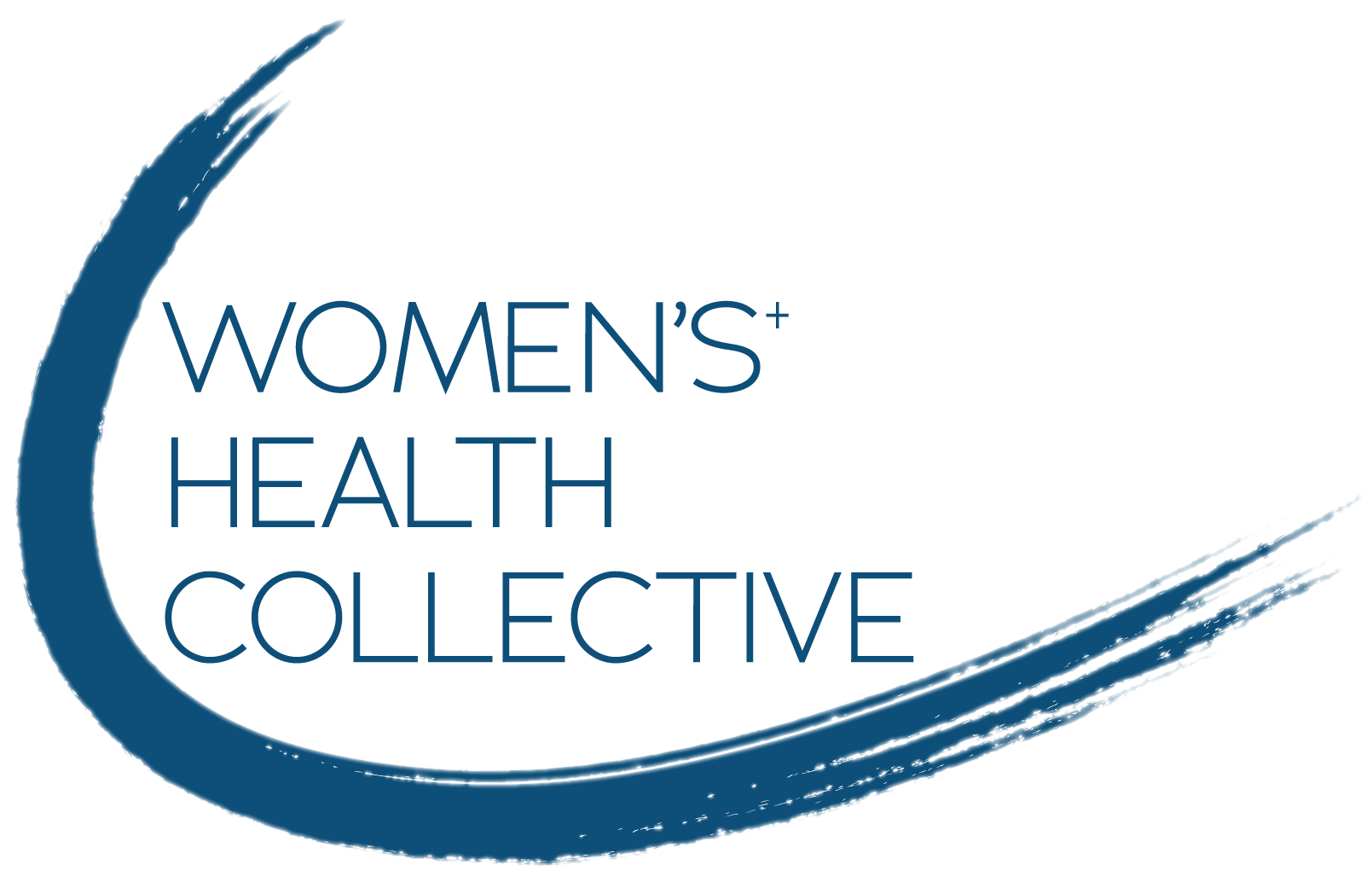Wom_n: The Power Of Words
Terminology has an immense weight on its shoulders. A responsibility to convey an essence. A duty to encapsulate the various, and often complex aspects of a personality. An obligation to express to the world what is within. Words certainly have the ability to stretch the confines of their connotation through an individual’s personal relationship with them or society’s given connotation; yet sometimes, our current labels crack under that pressure, unable to bear the gravity on their small, unaccompanied shoulders. Whether we recognize it or not, terminology, labels, and words have an immense power. In an effort to address this, The Women’s Health Collective logo includes a “+” after the word “women” to include individuals who use alternative spellings of the word - such as womxn, womyn, womin, wimmin, wombyn, and more to recognize that though they may be different, each are equal in their own right and no one label is a “default.”
The rise of various spellings for the word “women” comes from the basis that “women'' contains “men” in it and the word’s linguistic history denotes a dependency on men. Harvard Sociology Professor Keridwen Luis says that the term can perpetuate the idea that men are the cultural norm. Though some may argue that simply because the word’s history is rooted in dependency and the “default nature of men'' doesn't mean that this is the way the term is used today, scientists may argue something different. UC Santa Barbara Cognitive Science professor Lera Boroditsky argues that repeated use of a term can subtly or implicitly tell our brains to draw a connection between gender and objects of subjects without any gender correlation. This could in turn strengthen a subtle correlation between stereotypic gender roles and women’s place in them through the use of “women.”
In an effort to be more independent, the term “wimmin'' began floating around in the 1900s to represent the pronunciation of the term in different dialects. Womyn and wombyn enters the feminist timeline in the 1970s, most notably with the Michigan Womyn’s Music Festival, a festival put on in attempt to answer Woodstock in a feminist manner. However, this term sparked rightful backlash when the Festival only permitted “womyn-born-womyn'' and therefore excluded many transgender women and members of the LGBTQ+ community from participating in the festival, giving the term “womyn'' a negative and exclusive connotation. In today’s era, “womyn'' has conflicting views with some rebranding the term to be inclusive of trans women while others claiming the term’s history prevents it from doing so.
The most well-known and according to some, the most inclusive term, is “womxn.” The difficulty in pronouncing womxn is often precisely what draws individuals to it as its bold nature and forces us to think about what gender really means. The “x” (as with its symbolism in math and common language) opens the door to many possibilities for what the term can mean for someone. In its essence, it represents precisely what gender theorists advocate for - for individuals rather than society to mold and define their gender and not the other way around. Ebony Miranda, the organizer for Seattle’s Womxn’s March that first proposed using the term “womxn”, says that the term encompasses “all who have been affected by misogyny and women-related issues.” In recent years, the Womxn’s March in Seattle and the Womxn’s Energy Week at Kirkland College have popularized the term but the word’s inclusion in mainstream discourse has drawn inevitable backlash. Most notably, London’s Welcome Collection in 2017 received rage from individuals saying that womxn’s inclusion of nonbinary and genderfluid individuals is confusing as they don’t strive to fall into the traditional category of a “woman.”
We at the Women’s Health Collective recognize that this debate might be ongoing for a while and validate the opinions and experiences of individuals who adopt any of these spellings. We recognize that there may not be agreement on the topic and we encourage this discourse as it holds everyone accountable to actively think about the terminology we use and its powerful effect on others. If an individual feels that a specific term is able to carry on its shoulders the burden of explaining their complex gender expression, we welcome the opportunity for them to do so. At the end of the day, The Women’s Health Collective considers each of these spellings valid and equal to each other and makes itself a safe space for an individual to spell and define their gender-identifying category in any way they choose.
Blog Post by Akansha Das
